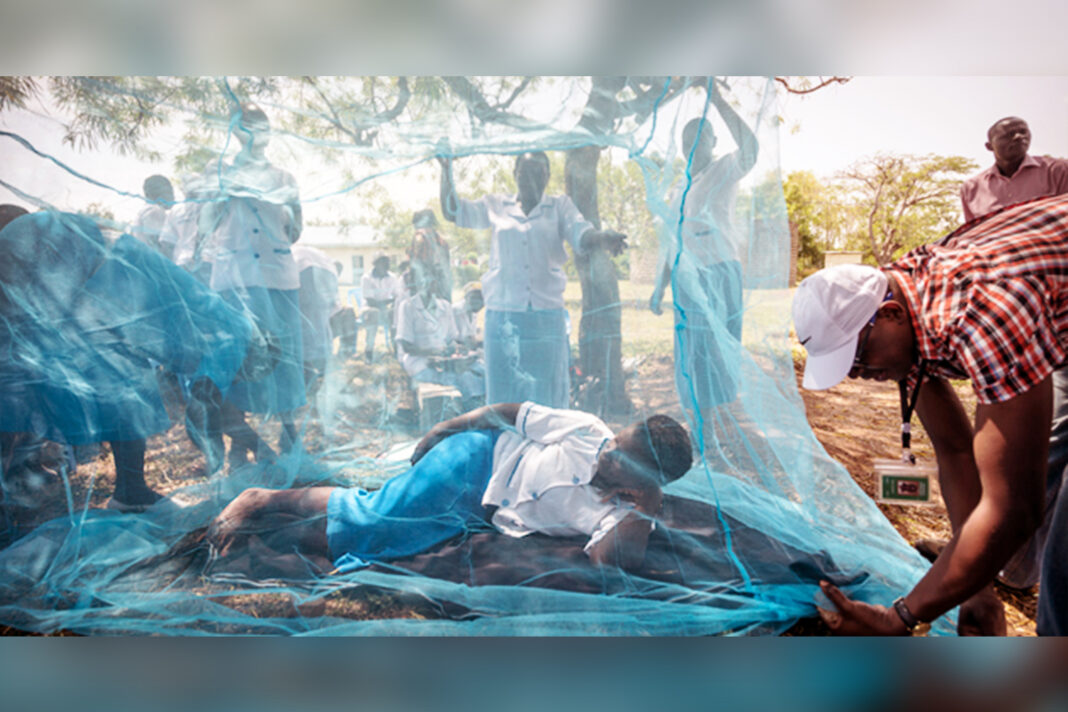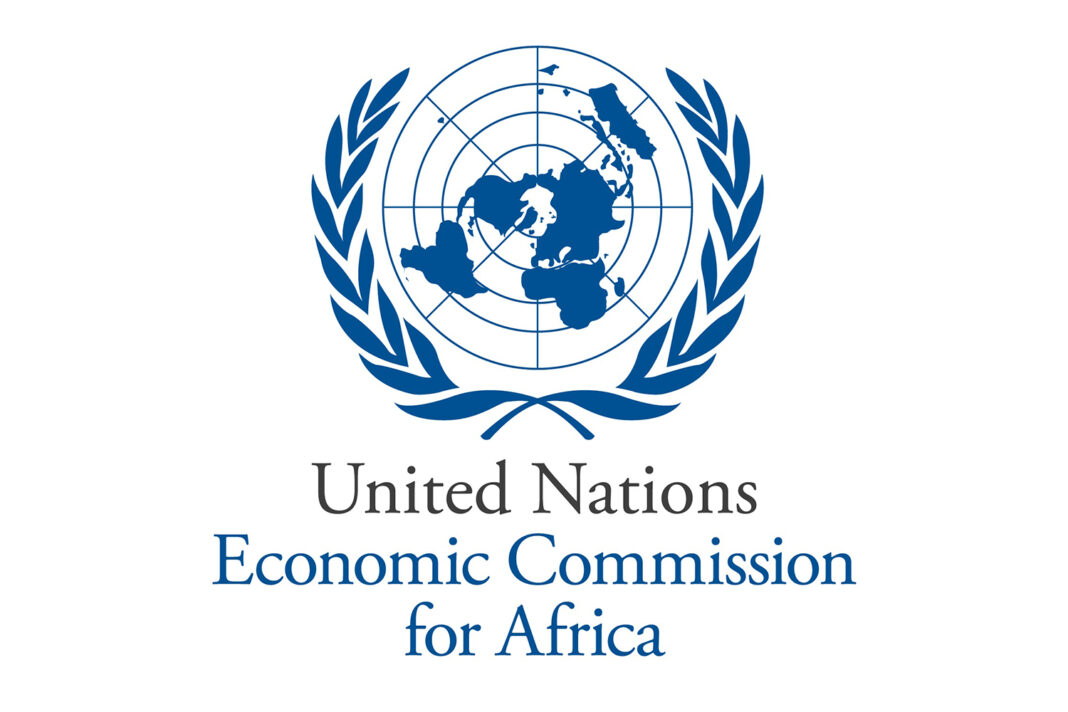Mosquito net distribution could help halve the number of deaths from Malaria during the coronavirus outbreak in Africa, researchers say.
There are concerns that malaria control activities – such as distributing insecticidal nets – could be severely disrupted as a result of the pandemic.
Writing in Nature Medicine, Imperial’s COVID-19 Response Team estimate that malaria deaths could more than double in 2020 compared to 2019.
But swift action could substantially reduce the burden of malaria and prevent joint malaria and COVID-19 epidemics simultaneously overwhelming vulnerable health systems.
In the article the researchers estimate the impact of disruption of malaria prevention activities and other core health services under four different COVID-19 epidemic scenarios.
An estimated 228 million long-lasting insecticidal nets (LLINs) were due to be delivered across Sub-Saharan Africa this year, more than ever before. The researchers estimate that if these mosquito nets are not deployed and preventative chemotherapy and case management is reduced by half for six months, there could be 779,000 malaria deaths in sub-Saharan Africa over 12 months.
If prevention activities were to stop during the outbreak, the team estimates that 200,000 deaths could still be prevented over six months if treatment of malaria is maintained.
The researchers recommend that routine distributions of LLINs should be prioritised alongside maintaining access to antimalarial treatment and the use of chemoprevention to prevent substantial malaria epidemics.
When it comes to treating children with fever, the researchers said that fever is a symptom of both COVID-19 and Malaria, which can potentially confuse diagnosis in settings with limited testing for both diseases.
The researchers say that simple age-based guidelines could substantially help reduce malaria burden if malaria tests are unavailable.
They estimate that presumptive malaria treatment of 70% of children under the age of 15, who present with a fever, could save 178,000 lives in the next year.
Dr Thomas Churcher, from Imperial’s School of Public Health, said “it is vitally important to get malaria prevention measures out now to reduce the pressure on health systems as COVID-19 cases increase.”
Okefu Oyale Okoko, Deputy Director/Head Integrated Vector Management Branch National Malaria Elimination Programme (NMEP) Public Health Department Federal Ministry of Health Abuja, said “in the face of COVID-19 it will still be important to ensure vector control interventions continue to be deployed as much as possible in order to not only sustain the gains already made in malaria elimination but ensure we do not have a resurgence in malaria.”







